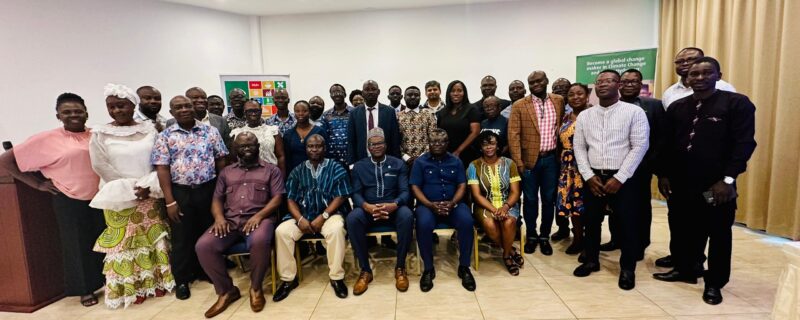- Healthy Returns: Pfizer pulls sickle cell disease drug from markets – here’s why it matters
- With Hurricane Helene disrupting travel, here’s what fliers need to know
- Tesla set to report Q3 deliveries ahead of robotaxi event
- Port strike could reignite inflation, with larger economic impact dependent on how long it lasts
- 'Who's a good boy?' Humans use dog-specific voices for better canine comprehension
What do you believe is the single most important factor driving up the cost of living in Nigeria?

New research unlocks potential of electrochemical separation for water treatment and resource extraction
A team of Vanderbilt researchers has developed novel technology called electrochemical ion pumping (EIP) that could revolutionize the treatment of water and resource extraction.
The research, published in the Oct. 1 issue of Nature Water, overcomes a critical limitation in the commonly used process of conventional electrosorption, which uses electrodes to adsorb and remove ions from water.
According to the researchers, the practical use of electrosorption has been limited by the need for alternating charging and discharging cycles due to limited electrode capacity. During these frequent switches, residual solutions in the electrodes mix with incoming solutions, which reduces energy efficiency and ion removal effectiveness.
However, the new EIP process addresses this long-standing problem by implementing an innovative circuit-switching approach. Unlike traditional methods, EIP allows for continuous, unidirectional ion flow without disruptive solution switching. This eliminates mixing, reduces operational complexity, and enhances separation performance, the researchers said.
EIP can also operate with very short charging-discharge cycles, which limits unwanted side reactions and opens new possibilities for electrode design, focusing on properties that enhance ion separation rather than just adsorption capacity.

- October 1, 2024
Cool roofs could have saved lives during London's hottest summer



- September 27, 2024
Solar panels soon may power and protect apple orchards

- October 2, 2024
Tesla set to report Q3 deliveries ahead of robotaxi event


- September 27, 2024
Hurricane Helene makes landfall in Florida, moves to Georgia: What we know



- October 2, 2024
China drives record growth in renewable energy jobs: report

- October 1, 2024
Engineers develop solar-powered lithium extraction from brine
Subscribe to our mailing list to get the new updates!

Subscribe our newsletter to stay updated
Thank you for subscribing!



